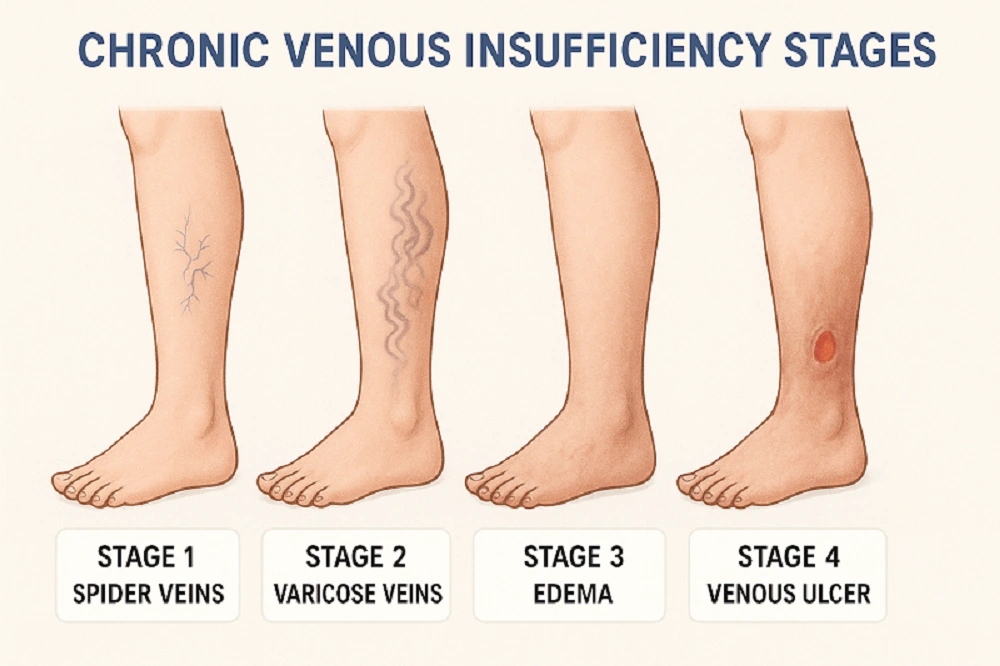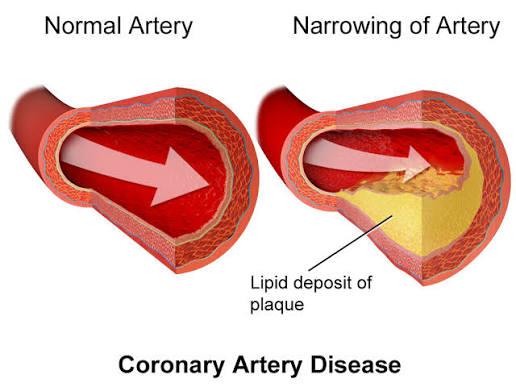
Importance of Patient Autonomy
The importance of patient autonomy in healthcare is a fundamental principle that underscores the ethical obligation of healthcare providers to respect and support patients’ rights to make informed decisions about their own medical care. Patient autonomy is rooted in the recognition that individuals have the right to control their own bodies, make choices regarding their health, and determine what interventions they wish to accept or refuse. This principle is particularly significant in the context of modern biomedical ethics, where it serves as a counterbalance to paternalistic approaches that may prioritize clinician authority over patient preferences.
- Empowerment and Self-Determination: Respecting patient autonomy empowers individuals by affirming their ability to make choices about their health. This empowerment fosters a sense of ownership over one’s health decisions, which can lead to increased satisfaction with care and better adherence to treatment plans.
- Informed Consent: The concept of informed consent is closely linked to patient autonomy. It requires healthcare providers to furnish patients with comprehensive information about their diagnosis, treatment options, potential risks, and benefits, thereby enabling them to make well-informed decisions. Informed consent not only respects individual autonomy but also enhances trust between patients and healthcare professionals.
- Ethical Obligations: Healthcare providers have an ethical duty to respect patient autonomy as part of the broader principles of beneficence (acting in the patient’s best interest) and non-maleficence (avoiding harm). Upholding autonomy ensures that patients are treated with dignity and respect, recognizing their unique values and preferences.
- Relational Autonomy: Recent discussions around patient autonomy emphasize its relational aspects, acknowledging that social relationships can significantly influence decision-making processes. Understanding autonomy as relational allows for a more nuanced approach that considers how family dynamics and cultural contexts impact patients’ choices.
- Quality of Care: Ultimately, respecting patient autonomy contributes to improved quality of care outcomes. When patients feel heard and respected in their decision-making processes, they are more likely to engage actively in their treatment plans, leading to better health outcomes.
In summary, patient autonomy is essential not only for ethical practice but also for fostering effective communication between healthcare providers and patients, enhancing overall satisfaction with care while ensuring that individuals retain control over their health decisions.
Current Procedures Adopted in the Ward (Clinical) Setting in Maintaining Patient Autonomy
Maintaining patient autonomy in clinical settings is a fundamental aspect of ethical healthcare practice. It involves ensuring that patients have the right and ability to make informed decisions regarding their own medical care. Here are the current procedures adopted in ward settings to uphold patient autonomy:
1. Informed Consent Process
The informed consent process is critical for maintaining patient autonomy. This procedure involves providing patients with comprehensive information about their diagnosis, treatment options, potential risks, benefits, and alternatives. Clinicians must ensure that patients understand this information before they make decisions about their care. The process typically includes:
- Clear Communication: Healthcare providers are trained to communicate effectively, using language that is understandable to the patient, avoiding medical jargon.
- Assessment of Understanding: Clinicians often ask patients to explain back what they have understood about their condition and treatment options to confirm comprehension.
- Voluntary Decision-Making: Patients must be free from coercion or undue influence when making decisions about their care.
2. Shared Decision-Making
Shared decision-making (SDM) is an approach where clinicians and patients collaborate to make health-related decisions. This model respects patient preferences and values while integrating clinical expertise. Key components include:
- Patient Engagement: Encouraging patients to express their preferences and concerns during consultations.
- Options Presentation: Providing a range of treatment options along with evidence-based information on each option’s outcomes.
- Supportive Environment: Creating a supportive atmosphere where patients feel comfortable discussing their values and preferences.
3. Respect for Cultural and Personal Values
Healthcare providers are increasingly recognizing the importance of cultural competence in maintaining patient autonomy. This involves:
- Cultural Sensitivity Training: Clinicians receive training on understanding diverse cultural backgrounds and how these may influence health beliefs and decision-making processes.
- Incorporating Family Dynamics: Recognizing that family members often play a significant role in decision-making, especially in certain cultures, while still prioritizing the patient’s wishes.
4. Advanced Care Planning
Advanced care planning (ACP) allows patients to articulate their preferences for future medical treatment in case they become unable to communicate those wishes later on. This includes:
- Living Wills and Advance Directives: Patients can document their healthcare preferences legally through living wills or advance directives.
- Regular Review of Preferences: Healthcare teams routinely discuss ACP with patients, ensuring that any changes in preferences are documented and respected.
5. Continuous Education and Training for Staff
Ongoing education for healthcare professionals is essential for maintaining patient autonomy effectively:
- Ethics Training: Regular training sessions on bioethics help staff understand the principles of respect for autonomy.
- Communication Skills Workshops: These workshops enhance clinicians’ abilities to engage with patients meaningfully.
6. Monitoring Patient Satisfaction
Feedback mechanisms are established to assess whether patients feel respected regarding their autonomy:
- Surveys and Interviews: Hospitals often conduct surveys or interviews post-treatment to gauge patient satisfaction concerning involvement in decision-making.
- Quality Improvement Initiatives: Results from feedback are used to improve practices related to patient engagement and autonomy.
By implementing these procedures, clinical settings strive not only to respect but also actively promote patient autonomy throughout the healthcare experience.
Situations in Which a Doctor May Have to Go Against Patient Autonomy
1. Lack of Decision-Making Capacity
In cases where a patient is deemed unable to make autonomous decisions due to cognitive impairment, mental illness, or other factors, healthcare professionals may need to intervene. This includes situations where the patient is unconscious, has severe dementia, or is experiencing a mental health crisis that impairs their judgment. In such instances, decisions must be made on behalf of the patient, often involving family members or legally appointed representatives.
2. Coercion or Undue Influence
If a patient is being coerced or unduly influenced into making a decision about their care—whether by family members, societal pressures, or other external factors—their autonomy cannot be considered genuine. In these situations, healthcare providers have an ethical obligation to ensure that the patient’s decision is truly their own and may need to take steps to protect the patient from coercion.
3. Risk of Harm to Self or Others
When a patient’s decision poses a significant risk of harm either to themselves or others, healthcare professionals may need to override patient autonomy. For example, if a patient refuses life-saving treatment for a serious condition that could lead to death or if they exhibit suicidal tendencies and refuse intervention, doctors may have legal and ethical grounds to act against the patient’s wishes in order to prevent harm.
4. Public Health Concerns
In certain public health scenarios, individual autonomy may be limited for the greater good. For instance, during outbreaks of contagious diseases (like measles or COVID-19), public health authorities may impose mandatory vaccinations or quarantines despite individual objections. Healthcare providers must balance respect for individual rights with the need to protect community health.
5. Legal Requirements and Guardianship Issues
Legal frameworks can dictate when autonomy can be overridden. For example, minors typically cannot make medical decisions independently; parents or guardians must consent on their behalf. Similarly, adults who have been declared legally incompetent may require guardianship arrangements that allow others to make healthcare decisions in their best interests.
In summary, while respecting patient autonomy is crucial in healthcare ethics, there are specific circumstances—such as lack of capacity, coercion concerns, risks of harm, public health issues, and legal requirements—where doctors may need to act contrary to a patient’s expressed wishes.







